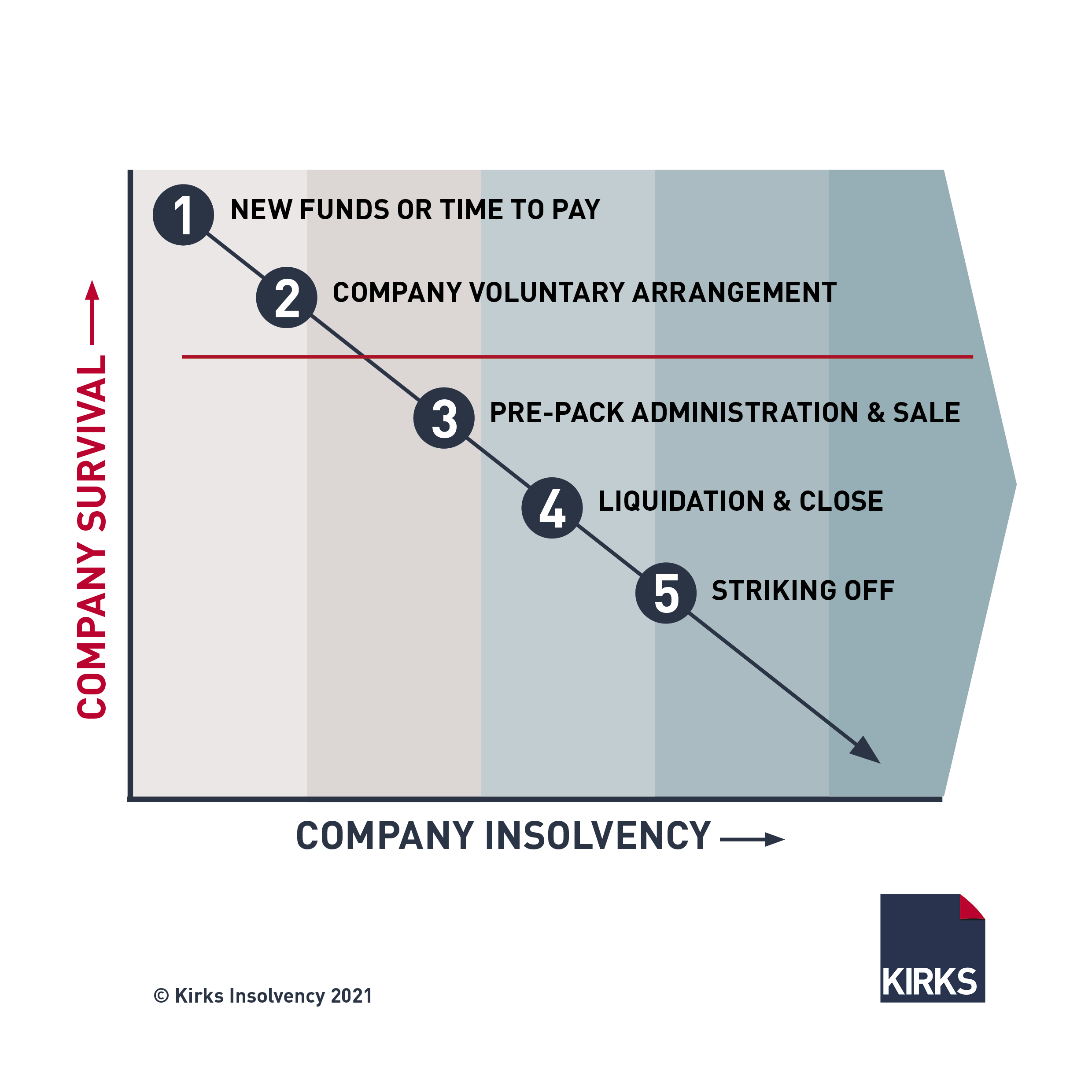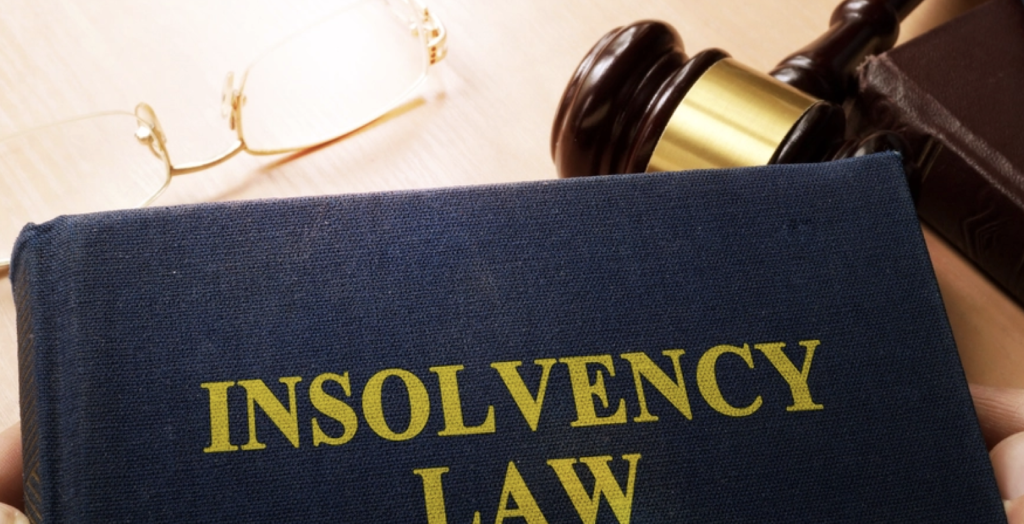The Single Strategy To Use For Insolvency Practitioner
The Single Strategy To Use For Insolvency Practitioner
Blog Article
The Only Guide to Insolvency Practitioner
Table of ContentsThe Facts About Insolvency Practitioner RevealedWhat Does Insolvency Practitioner Do?The smart Trick of Insolvency Practitioner That Nobody is Talking AboutExcitement About Insolvency PractitionerThe 8-Second Trick For Insolvency PractitionerFascination About Insolvency PractitionerWhat Does Insolvency Practitioner Do?
Insolvency is when liabilities are higher than the worth of the firm, or when a borrower can not pay the financial debts they owe. A company can become insolvent because of a variety of scenarios that lead to bad capital. When confronted with insolvency, a business or individual can contact creditors directly and restructure debts to pay them off.Business owners might call creditors directly and restructure financial debts right into even more workable installments. Creditors are normally amenable to this technique because they want to be paid back and prevent losses, even if the settlement is on a postponed routine.
Insolvency Practitioner for Dummies
The proprietor creates a proposition detailing how the debt might be restructured utilizing price decreases or other strategies for assistance. The proposal reveals lenders how the organization may generate enough capital for rewarding operations while paying its debts. Commonly, a forgiven financial debt might be taken into consideration earnings by the Internal Profits Solution (INTERNAL REVENUE SERVICE).

All about Insolvency Practitioner
When procedures cease, so does the company's income (Insolvency Practitioner). Some firms come to be insolvent due to the fact that their goods or services don't advance to fit customers' transforming needs.
Expenditures surpass profits and expenses remain overdue. Kinds of bankruptcy include cash-flow insolvency and balance-sheet bankruptcy. Cash-flow insolvency takes place when a firm has the assets to cover their financial debts but they are in the incorrect type, such as realty rather than liquid funds. Balance-sheet bankruptcy, on the other hand, suggests an absence of possessions in any type to cover debts.
The internal revenue service states that an individual is financially troubled when the overall obligations surpass overall assets. A personal bankruptcy, on the other hand, is a real court order that shows how an insolvent person or organization will certainly pay off their financial institutions, or how they will market their properties in order to make the repayments.
Unknown Facts About Insolvency Practitioner

Understanding the variables that can result in bankruptcy, such as overspending, can help you protect against insolvency and its effects.
Our Insolvency Practitioner PDFs
It is popular that supervisors and police officers over here of corporations (and managers of restricted responsibility firms) owe fiduciary responsibilities to their companies and their investors (or participants). These fiduciary responsibilities are specified by state laws and, though there are variations from state to state, they typically include a duty of loyalty and a responsibility of treatment.
The task of treatment requires supervisors and officers to work out persistance, to make educated decisions, and to act in good belief to ensure that their activities are in the most effective passion of the firm. Beyond the extent of this conversation, some states enable these duties to be restricted either by so noting in the business documents or conforming with other demands.
The Main Principles Of Insolvency Practitioner
The majority of states define insolvency in 2 ways( 1) when a firm's liabilities end up being higher than the amount of its properties or (2) when the company becomes unable to pay its financial debts as they end up being dueand embrace both meanings (Insolvency Practitioner). The change in duties happens due to the fact that when a firm is bankrupt, there is no value in the firm beyond that owed to the firm's creditors to ensure that the equity holders no much longer have a financial risk in the company
Take care concerning offering shareholders special therapy at the cost of financial institutions (e.g., licensing and funding a dividend or a stock redemption). Take care regarding favoritism between classes of investors. Make practical efforts to discover all the truths before taking a particular strategy; supervisors need to really think that any kind of choices made remain in the very best passions of the firm in its entirety (i.e., decisions will certainly be assessed in knowledge because of the impact of such activities on these details the corporation).
In any personal bankruptcy or insolvency case, repayments made to certain lenders at the expenditure of other financial institutions can be clawed back, particularly if there is some link in between the business and the creditor. Consider suggesting at an annual investor meeting (or any kind of various other meeting of shareholders) a resolution affirming that all previous organization decisions and activities taken by the supervisors and police officers of the company were absorbed good belief after an great post to read exercise of affordable care.
See This Report about Insolvency Practitioner
Fully reveal any kind of personal or service connections with celebrations on the other side of purchases including the company to prevent the look of a problem of rate of interest. In reviewing potential fund elevating transactions or a sale of properties of the struggling company, be aware that these transactions may be inspected later on taking into account any type of succeeding growth of directors' fiduciary responsibilities to include creditors.
Report this page